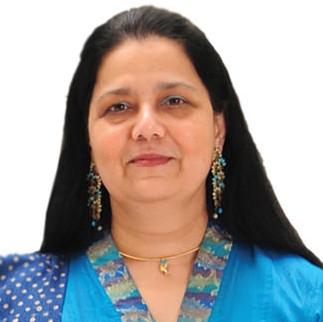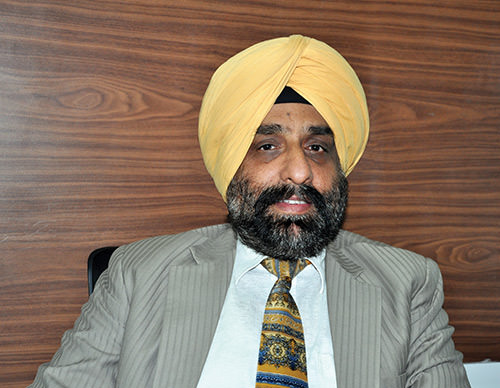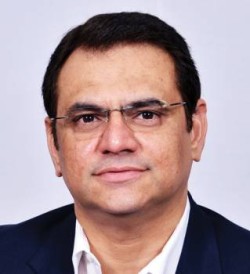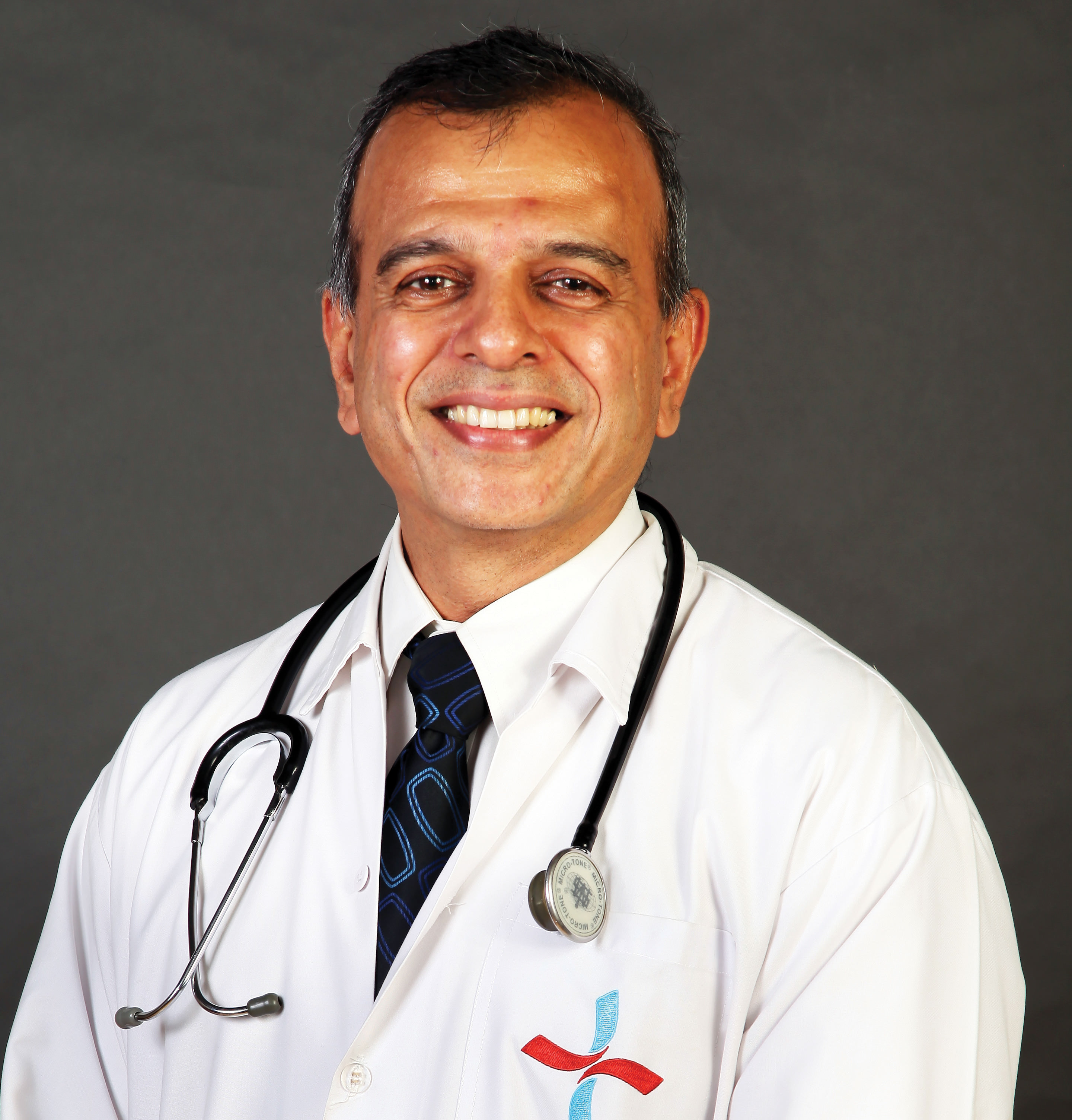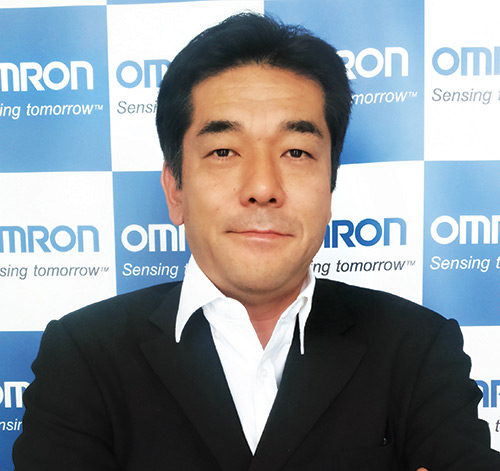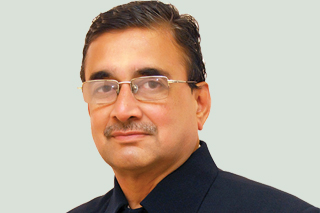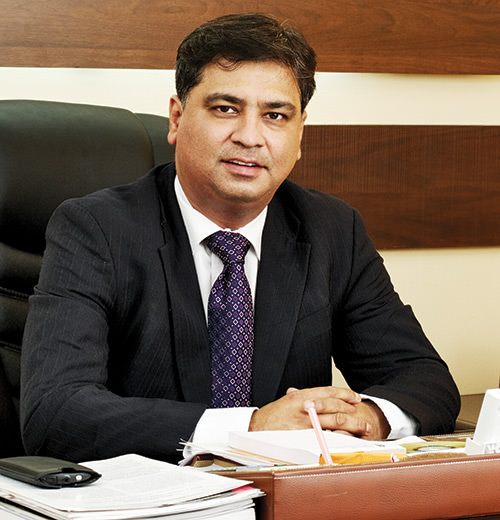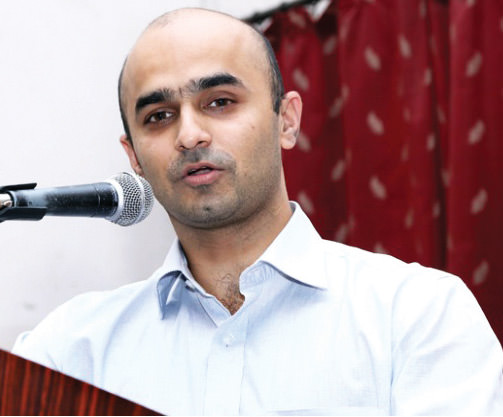Dr Ram Narain, utive Director, Kokilaben Dhirubhai Ambani Hospital (KDAH), shares his insights on the latest developments in KDAH and their focus on bridging the gaps that exist in the health service sector. In conversation with Nikita Narvekar, Elets News Network (ENN)
Please share with us something about Kokilaben Dhirubhai Ambani Hospital.

We are now five years old and since inception, we have positioned our- selves as a hospital which has a full-time specialists system. We went down this path with a belief that if you want to build an institution, you need to have doctors who would be available full time. You need to have a central principle of full-time system because there is a thought process that when a physician is attached to a single institute, the physician and the institute grow together. The entire model is patient centric. The patient can meet the doctor at one place at any time. Also, since there is no time wasted in going from place to place, the physician can spend more time in research and academics, the capability to establish and conduct research and academics is what distinguishes a hospital and an institute. The transition from a hospital to an institute is based on academics, research and succession planning. Over the years, you have to build a department so that you are not centred to one person, so when this one person phases out, you have the second and third level to take up. You are not dependent on a single person, but you become a team. So this was the ethos we started our hospital with and we have the best professional consultants for various departments. Past five years, each of our department has grown and we are counting more. We strongly believe that the shell of the hospital should be strong which includes good infrastructure, technol- ogy, great people & doctors. So, we went about picking great people, who had excellent training, qualifications, credentials and this has got us way beyond today. Initially there was scepticism that in a city where medical facility thrives on big names, how you will get the patients, because generally people say, if XYZ is not attached to your hospital, I will not come to your hospital. In a way we were able to debunk that myth, because if you have great talent supported by technology, quality will come. Physicians will come and go, but you have to build models around individuals. That is the salient feature. With technology becoming the backbone for many, it is no doubt constantly upgrading. If you do not have the latest technology, you will fall behind. You have to be prepared to relook at the technology every three to four years, at your consultant skills. The consultants have to learn new things constantly so that we adhere to the patient recovery and the patient safety. Today the patients want to know about newer things. People are coming with questions regarding latest services, technologies, equipments; level of awareness has gone up. So you have to constantly keep up with these queries. People look at health care as an industry and compare it with other industries when it comes to experience and services. The medical sector has become more consumer-centric. People are paying for it and hence they have expectations. We are adapting to it. Now, it is not about what the matter with the patient is but as to what matters to the patient. As a strategy to become an insti- tute, the first principle we looked at was to fill the gaps in the system that exist in the city as well as the entire west zone.
When you speak about bridging gaps, how did you go about filling in the needed spaces?
When we started, there was no Comprehensive Paediatric Cardiology Programme or Cardiac Surgery in Mumbai or at least in Western India. So we set up the first truly Comprehensive Cardiology Centre for Children which deals with all the cardiology problems. Today, we are among the top 2-3 centres for cardiology in the entire country. We do about 600-700 open heart surgeries for children every year. We do 300 procedures of interventional, non-surgical every year. Our NICU has carried about 60 percent of surgeries done on babies less than 30 days. Also, there was no Comprehensive Rehabilitation Programme in the West Zone. So we set up a Comprehensive Rehabilitation programme and Centre for Sports Medicine where we have the best of the specialist teams. While exploring and catering to newer requirements in the domain, we set up a Robotic Surgery programme in Mumbai. We have now completed two years from the launch and have successfully done 425 cases. Uro oncology is the most common that we do. In 2012, Mumbai did only 18 liver transplants in comparison to 850 transplants in Delhi in a year. So there was a huge gap as there was no living donor transplant done here. We got an entire team from Delhi and set up living donor transplantation programme in Mumbai last year. We will be touching 50 transplants a year soon, but yes as we look at every minute detail there is a long way to go ahead. For the next five years, we will continue to look at programmes that are not there in our city and get them here. And to support all this we have a large infrastructure including 22 op- eration theatres, 182 ICU beds both for adults and paediatrics. So we see this as a reasonably good start and we believe in delivering good quality.

Now that you are focusing on technology, what are the IT initiatives that KDAH has taken?
When you talk about technology the whole thing boils down to whether you can create a paperless institute. I would say that it is easy to say but difficult to implement. You need the IT backbone. But the gap in all hospitals is the case paper. Also due to medico-legal issues, having e-records is difficult. But everything is changing. E-records are accepted at various places. We are slowly migrating to it. But what is needed is the mindset of doctors and nurses to migrate towards paperless systems. This will change when you start step by step. The ideal way is to begin at educational institutes as well. IT has huge benefits but today there is no single paperless hospital in India, because it takes time to change a mindset. People have not completely adapted to it. It will take time to move from papers and files to electronic and online medium.
“The medical sector has become more consumer-centric. People are paying for it and hence they have expectations”
What is the next exciting phase for KDAH?
We will certainly be looking at new services, in Urology particularly; we will be focusing on what we call as Urinary Incontinence. It is a big problem but people usually do not talk about it because it is a social stigma. We will be focusing on burning issues which are not discussed much in detail, gender reassignment surgeries, and many more that needs that are sensitive segments. We will probably be starting new cutting-edge services in Neurology. Continuing to stick to our philosophy, we will be getting into areas where there are gaps.
What are the latest medical equipments that you have deployed for the diagnosis and treatment of patients?
In this coming year, we will be acquiring new specialised machinery which is mainly used for the Angiography of the Arteries. Probably we will also acquire technology to do Advanced Epilepsy Surgery. In services programme we will probably begin with ECHMO services.
Are there any collaborations or accreditation strategies that KDAH has taken or is looking forward to?
We are clearly on our way to NABH accreditation and will be going for JCI accreditation which will be coming up this year. But as a philosophy ̧ we believe that collaborations should be extremely focused. You should col- laborate with a good institute which is excellent at something and together you can raise the bar of your services. So our philosophy is not to collaborate with one big name but with multiple people who are good in their own sectors so that we can exchange our ideas and services and get the best in here. So if this is the case, we definitely would like to have multiple collaborations.
Be a part of Elets Collaborative Initiatives. Join Us for Upcoming Events and explore business opportunities. Like us on Facebook , connect with us on LinkedIn and follow us on Twitter , Instagram.



